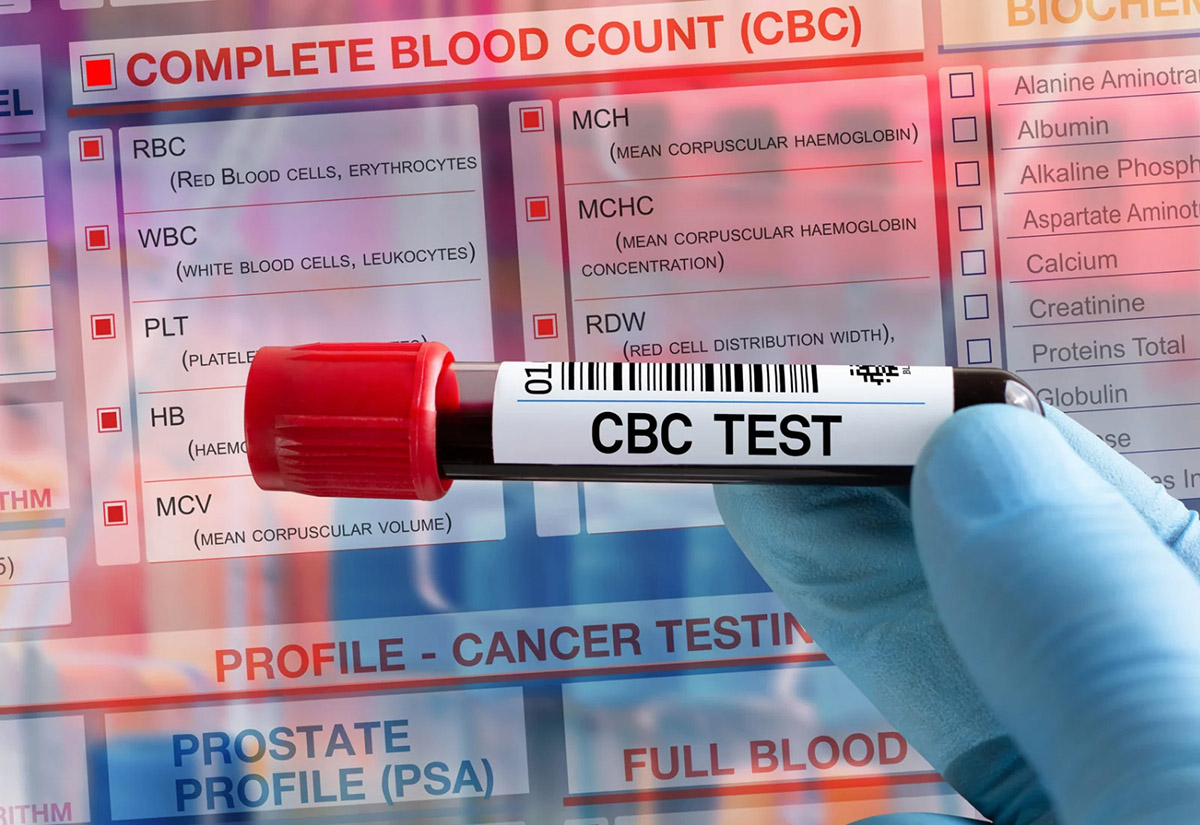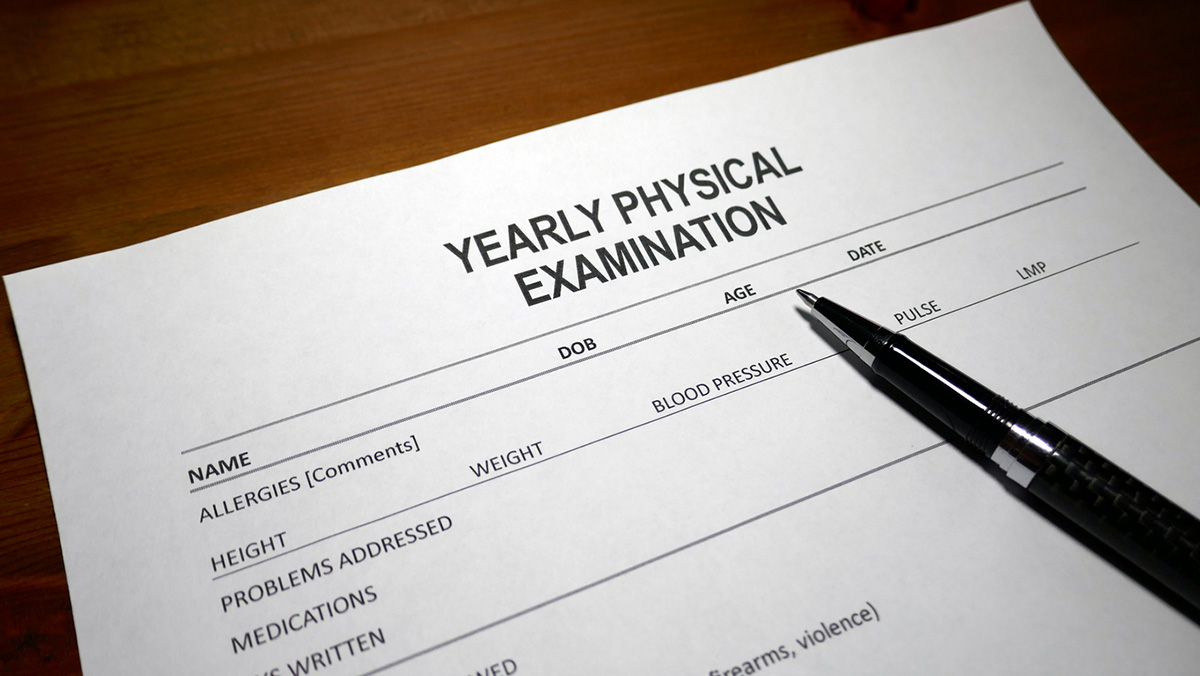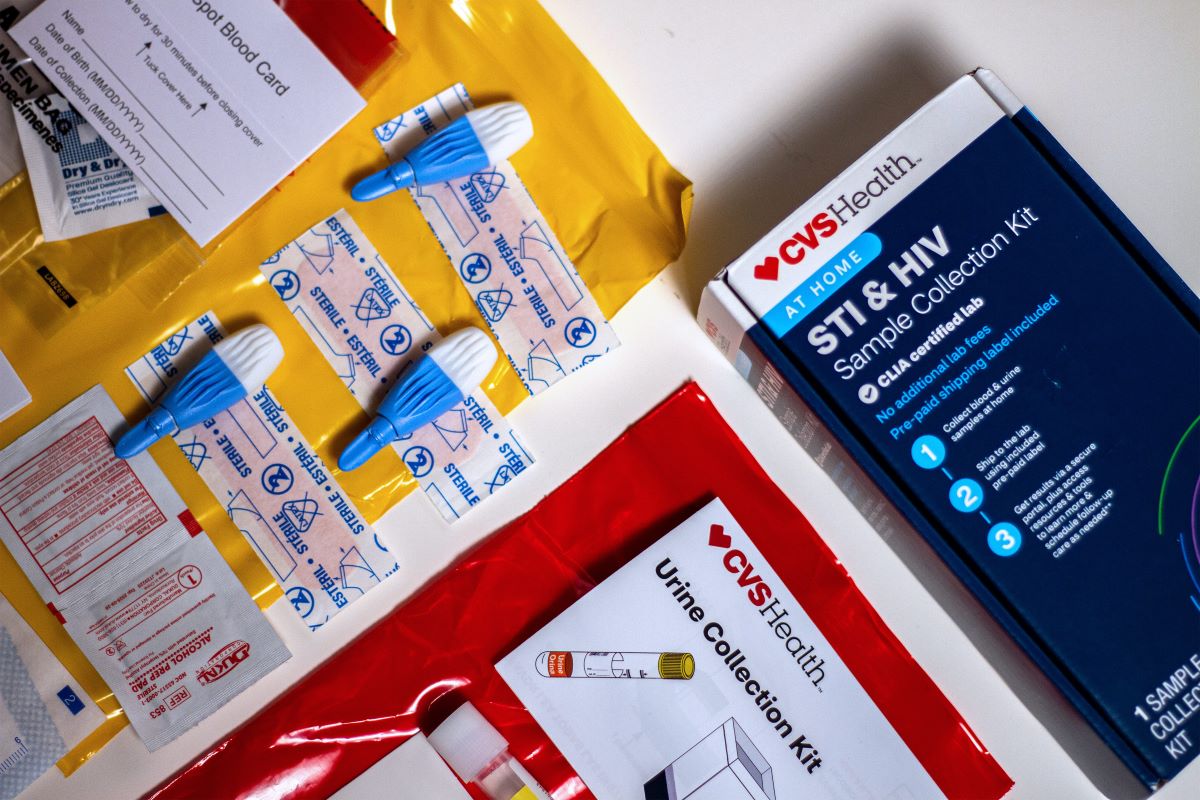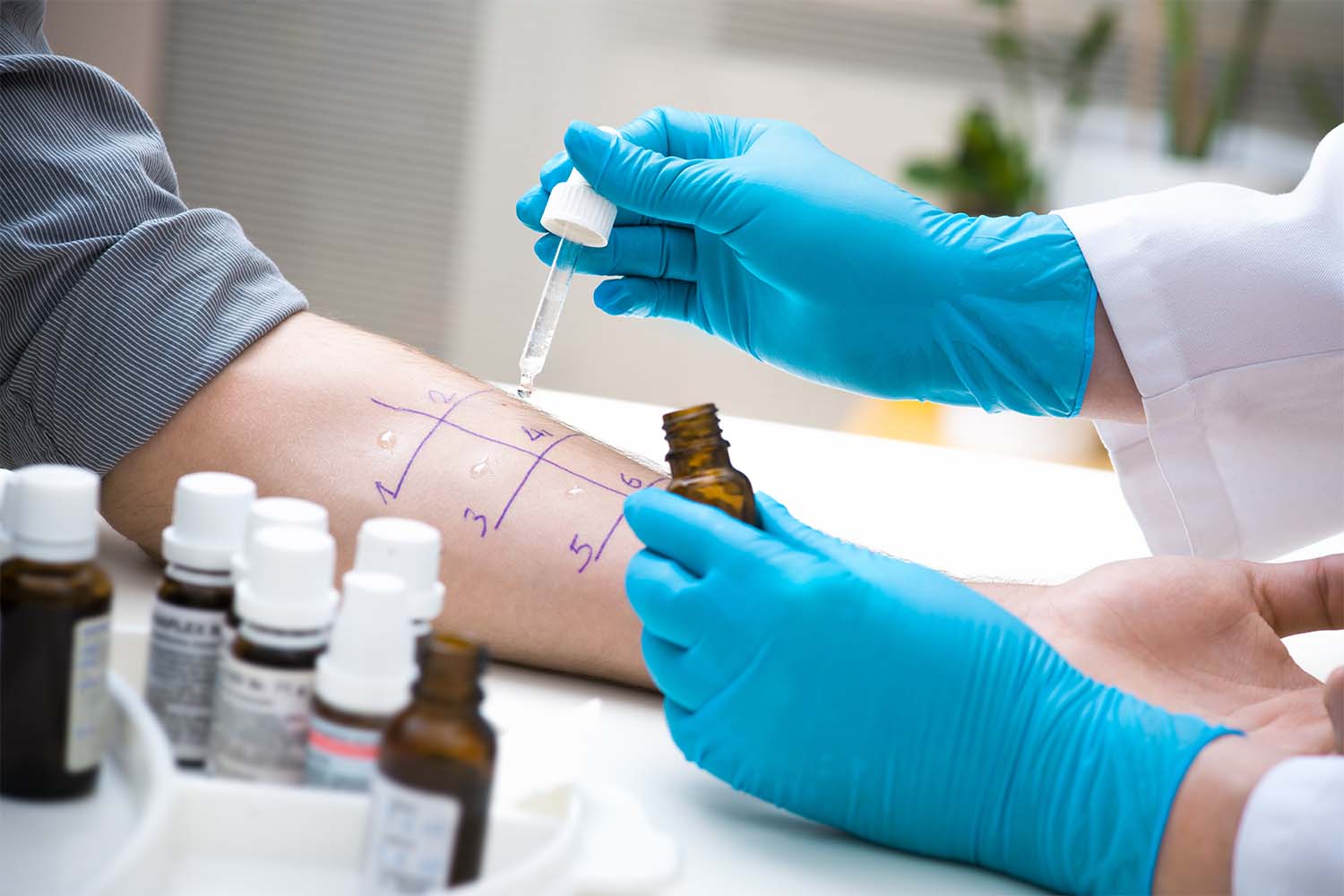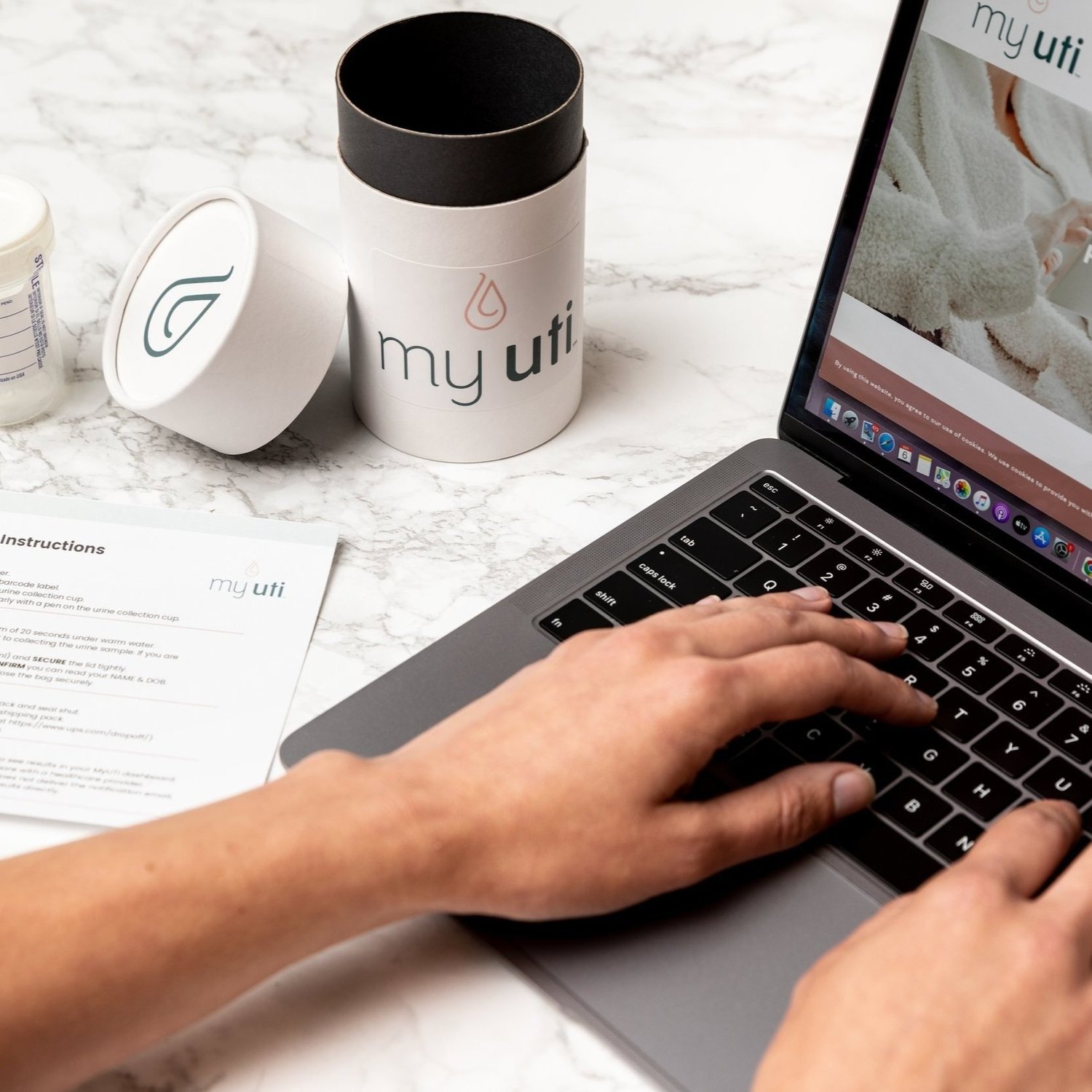Home>Finance>How Much Does A Sperm Count Test Cost Without Insurance?


Finance
How Much Does A Sperm Count Test Cost Without Insurance?
Published: November 16, 2023
Find out the cost of sperm count testing without insurance and manage your finances efficiently.
(Many of the links in this article redirect to a specific reviewed product. Your purchase of these products through affiliate links helps to generate commission for LiveWell, at no extra cost. Learn more)
Table of Contents
Introduction
Welcome to the world of fertility and reproductive health! If you’re considering starting a family or have concerns about your fertility, a sperm count test can provide valuable insights into your reproductive abilities. Whether you’re trying to conceive or just curious about your fertility status, understanding the cost of a sperm count test without insurance is important.
A sperm count test, also known as a semen analysis, is a common diagnostic test used to measure the quantity and quality of sperm in a man’s semen. It is typically recommended as a first step in evaluating male fertility and can help identify potential issues that may impact your chances of conception.
However, the cost of a sperm count test can vary depending on various factors. Without insurance coverage, the out-of-pocket expenses can be a significant consideration. In this article, we’ll delve into the factors that influence the cost of sperm count tests and explore the options available for low-cost testing. By understanding these factors, you’ll be better equipped to make informed decisions about your reproductive health.
It’s important to note that while we will provide general information about the cost of sperm count tests, prices may vary depending on your location, the specific testing facility, and any additional tests that may be required. It is always best to consult with a healthcare provider or fertility specialist for personalized information and advice.
Factors Affecting the Cost of Sperm Count Tests
The cost of a sperm count test can be influenced by several factors. Understanding these factors can help you determine the potential expenses involved and ultimately make a more informed decision about your reproductive health. Here are some key factors that can impact the cost of a sperm count test:
- Location: The cost of medical services can vary significantly depending on your geographic location. Testing facilities and healthcare providers in urban areas or regions with a higher cost of living may charge more for a sperm count test compared to those in rural areas.
- Testing Facility: Different testing facilities may have varying pricing structures for sperm count tests. Private clinics or specialized fertility centers may charge more for their services than public hospitals or general healthcare facilities.
- Additional Tests: In some cases, a basic sperm count test may not provide a complete picture of your fertility. Additional tests, such as sperm morphology or motility analysis, may be recommended by your healthcare provider. These additional tests can increase the overall cost of the evaluation.
- Consultation Fees: Some testing facilities may include a consultation fee as part of the overall cost for a sperm count test. This fee covers the time and expertise of the healthcare provider who will interpret the results and provide recommendations based on the findings.
- Insurance Coverage: If you have health insurance coverage, the cost of a sperm count test may be partially or fully covered. However, it’s essential to check with your insurance provider to understand the extent of your coverage and any associated copays or deductibles.
Considering these factors, it’s crucial to research and compare the prices and services offered by different testing facilities in your area. Don’t hesitate to reach out to healthcare providers or fertility clinics for information about their pricing structure and any financial assistance programs they may offer.
Now that we’ve explored the factors that affect the cost of sperm count tests, let’s take a look at the average cost of these tests without insurance.
Average Cost of Sperm Count Tests Without Insurance
Without insurance coverage, the cost of a sperm count test can vary widely depending on the factors mentioned earlier. On average, the cost of a basic sperm count test can range from $50 to $200. This typically includes the collection of a semen sample, laboratory analysis, and the interpretation of the results by a healthcare provider.
However, it’s important to keep in mind that this is just a general estimate. The actual cost can be higher or lower based on your location, chosen testing facility, and any additional tests that may be required. Pricing structures can differ significantly, so it’s advisable to contact multiple testing facilities and compare their prices and services.
In some cases, testing facilities may require a consultation fee on top of the cost of the sperm count test itself. This fee covers the expertise and guidance provided by a healthcare professional who will interpret the results and offer recommendations based on the findings. The consultation fee can range from $50 to $150, depending on the facility and the level of expertise of the healthcare provider.
It’s worth noting that some fertility clinics or specialized laboratories may offer comprehensive fertility evaluation packages that include multiple tests and consultations. These packages can range from a few hundred dollars to several thousand dollars, depending on the extent of the evaluation and the services provided.
While the cost of sperm count tests without insurance may seem daunting, it’s essential to consider the long-term implications. Early detection of any potential fertility issues can lead to timely intervention and better chances of successful conception. Therefore, investing in your reproductive health can be a worthwhile and responsible decision.
Now that we have an overview of the average cost of sperm count tests without insurance, let’s explore some low-cost options that may be available to you.
Available Options for Low-Cost Sperm Count Tests
If you’re concerned about the cost of a sperm count test without insurance, there are several options available to explore that may help reduce the financial burden. Here are some potential low-cost options to consider:
- Public Healthcare Facilities: Public hospitals or healthcare centers may offer more affordable sperm count testing options compared to private clinics. These facilities are often subsidized by the government or provide services at a reduced cost to make healthcare more accessible to the general population. It’s worth checking with your local public healthcare facility to inquire about their pricing and available services.
- University Research Programs or Clinical Trials: Universities and research institutions often conduct studies or clinical trials related to reproductive health. These programs may offer free or low-cost sperm count tests in exchange for participation in their research. While participating in a research program or clinical trial may involve certain eligibility criteria and requirements, it can be an excellent way to access testing at a reduced cost.
- Online Testing Services: With the advancement of telemedicine and direct-to-consumer healthcare services, there are now online platforms that offer at-home sperm count testing kits. These kits typically include detailed instructions for collecting a semen sample and shipping it to a laboratory for analysis. Online testing services can be a convenient and cost-effective option, with prices ranging from $50 to $100. However, it’s essential to ensure the reliability and credibility of the online provider before making a purchase.
- Clinic or Hospital Financial Assistance Programs: Some fertility clinics or hospitals may have financial assistance programs in place to help individuals or couples with limited financial means. These programs may offer discounted or sliding-scale fees based on income and other factors. It’s advisable to inquire directly with the clinic or hospital about any available assistance programs and eligibility criteria.
By exploring these low-cost options, you may find a more affordable solution for your sperm count testing needs. Remember to thoroughly research each option, verify the credibility of the provider, and consult with healthcare professionals to ensure that the testing is conducted accurately and responsibly.
Now that we’ve discussed low-cost options for sperm count tests, let’s move on to the factors you should consider when choosing a sperm count test.
Factors to Consider When Choosing a Sperm Count Test
When choosing a sperm count test, it’s important to take into account several factors to ensure that you make an informed decision about your reproductive health. Here are some key factors to consider:
- Accuracy and Reliability: One of the most critical factors to consider is the accuracy and reliability of the sperm count test. Look for reputable testing facilities or online providers that have a proven track record of delivering accurate results. Reading reviews and seeking recommendations from healthcare professionals or trusted sources can help you make an informed choice.
- Additional Testing: Depending on your specific fertility concerns, you may need more than a basic sperm count test. Consider if you require additional tests, such as sperm morphology or motility analysis, to get a comprehensive evaluation of your fertility. Choose a testing option that offers the necessary additional tests or provides referrals to a specialist if needed.
- Convenience and Privacy: Consider the convenience and privacy offered by the testing option. Some individuals may prefer the convenience of an at-home testing kit, while others may feel more comfortable visiting a healthcare facility for the collection and analysis of their sample. Assess your personal preferences and choose a testing method that aligns with your comfort level.
- Turnaround Time: Depending on your need for quick results or time constraints, consider the turnaround time offered by the testing option. Some facilities or online providers may provide results within a few days, while others may take longer. Determine how important a quick turnaround time is for you and select a testing option that meets your requirements.
- Cost and Coverage: Evaluate the cost of the test and any insurance coverage you may have. Compare the prices of different testing facilities or online providers, taking into account any consultation fees or additional charges. If you have insurance coverage, check if the selected testing option is available within your network and what portion of the cost will be covered.
- Professional Guidance: Consider if you would like professional guidance and interpretation of your results. Depending on your preference, you may opt for a testing option that includes a consultation with a healthcare professional who can explain the results, answer your questions, and provide recommendations based on your specific situation.
By carefully considering these factors, you can choose a sperm count test that meets your needs and provides the information necessary for making informed decisions about your reproductive health. Remember, it’s always beneficial to consult with a healthcare professional or fertility specialist who can guide you through the testing process and help you interpret the results.
Now, let’s conclude our discussion on the cost and considerations of sperm count tests.
Conclusion
When it comes to the cost of sperm count tests without insurance, understanding the factors that influence the pricing and exploring low-cost options can help you navigate the journey towards better reproductive health. By considering factors such as location, testing facility, additional tests required, consultation fees, and insurance coverage, you can make informed decisions about where to get tested and how much you may need to budget.
While the average cost of a basic sperm count test without insurance can range from $50 to $200, it’s important to remember that prices can vary depending on various factors and providers. Exploring low-cost options such as public healthcare facilities, university research programs, online testing services, and financial assistance programs can help you access testing at a more affordable price point.
When choosing a sperm count test, accuracy, additional testing options, convenience, privacy, turnaround time, cost, insurance coverage, and professional guidance are all important factors to consider. By carefully evaluating these factors, you can select a testing option that meets your personal preferences, financial situation, and specific fertility concerns.
Remember, though cost is a significant consideration, the value of understanding your reproductive health far outweighs the initial investment. Early detection of any potential fertility issues can lead to timely intervention and increased chances of successful conception.
Ultimately, it’s crucial to consult with healthcare professionals or fertility specialists who can provide personalized guidance and recommendations based on your specific situation. They can help you understand the results of your sperm count test and provide insights into potential next steps to enhance your reproductive health.
Take charge of your reproductive well-being by staying informed, seeking appropriate testing, and engaging in open and honest conversations with healthcare providers. Investing in your reproductive health today can lead to a brighter and more fulfilling future for you and your family.
